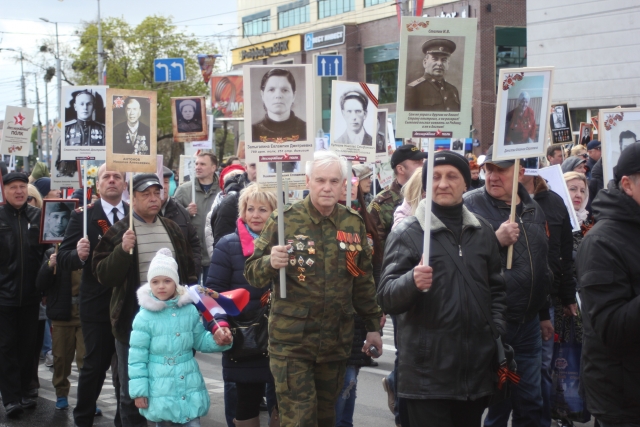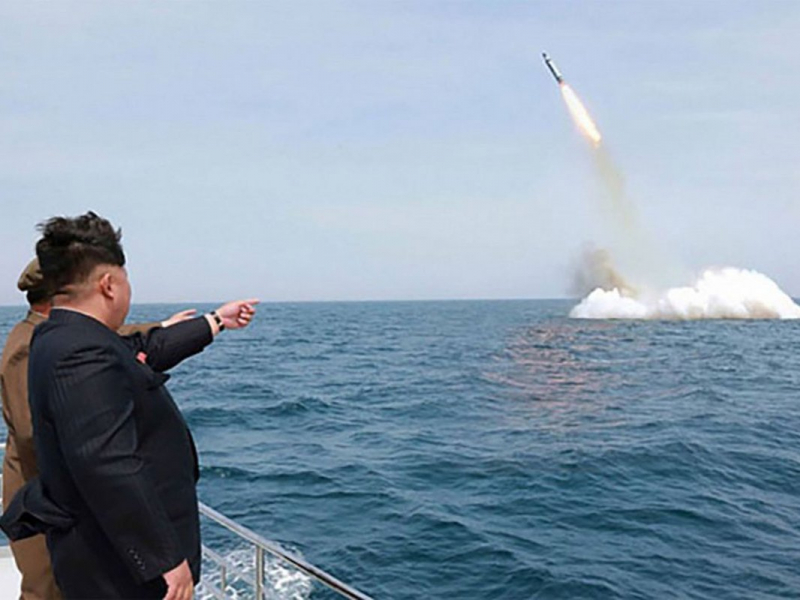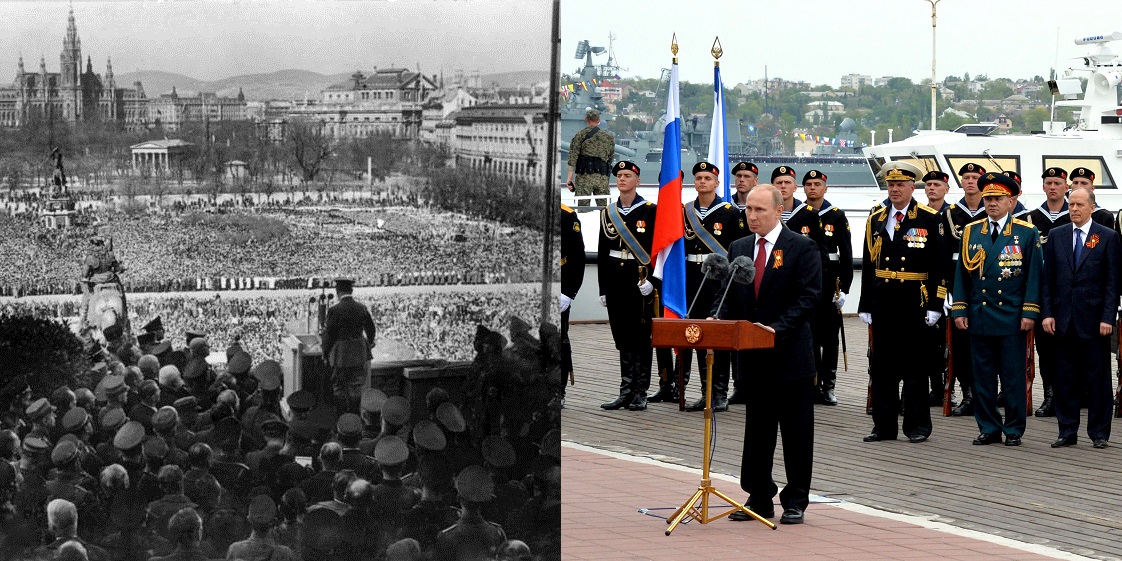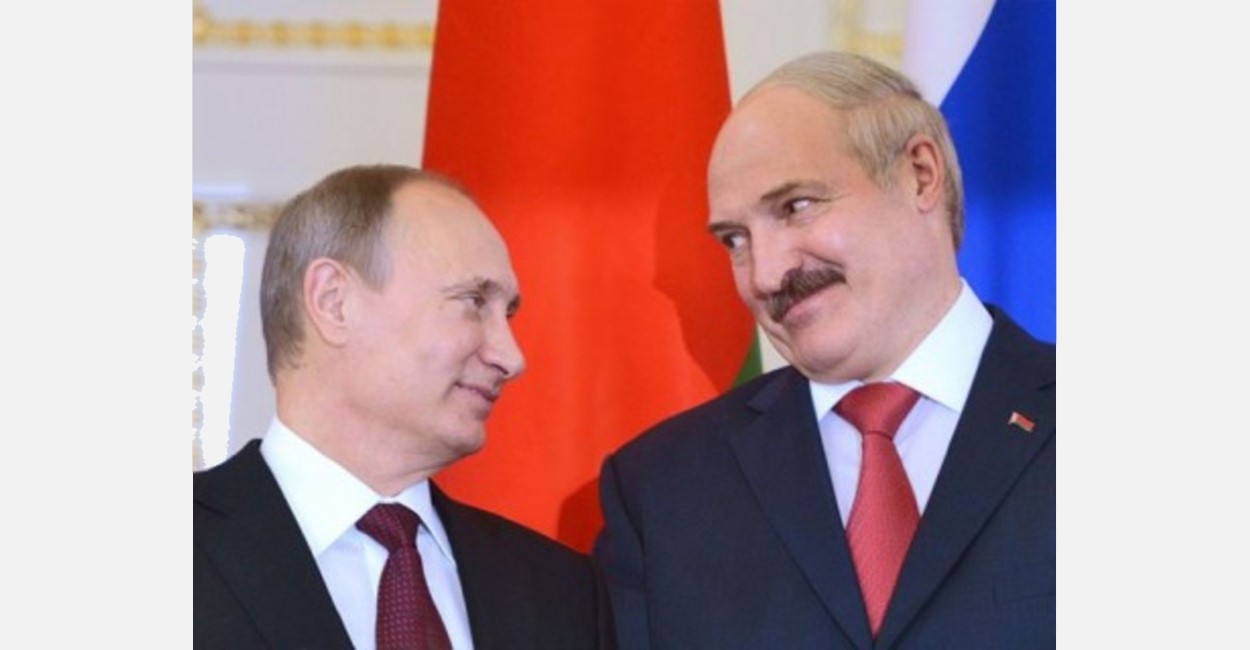They reflect the revival in Russia today of the “simple and barbaric” medieval notion that human life is not important but that service to and death for one’s rulers is the highest good, according to the US-based Russian historian and sociologist who is the author of the 2020 book, The Celebration of Death in Contemporary Culture.
When Putin came to power, Khapayeva says, he lacked an ideology on which he could operate. He rejected both Western liberalism and communism, the first because it was democratic and opposed to his autocratic tendencies, and the second because it was opposed to him personally.
We should be asking what feature of Russian politics is not fascist – Timothy Snyder
Coming to his aid were radical nationalists and Orthodox extremists, people with whom he felt comfortable. Among the most important and influential in this regard was Metropolitan Ioann Snychov, then the leader of Orthodoxy in St. Petersburg and author of a book that argued that “terror is the best way of ruling the Russian people.”
Snychov’s ideas were taken up by Aleksandr Dugin who argued that universal death was not something to be avoided but rather something that Russia should do what it could to promote. At the time, many thought such people were “at most ‘useful idiots’” but by the early 2000s, they had become mainstream as far as Putin was concerned.
Putin may not have read their works but he was certainly familiar with their ideas; and while the Kremlin leader had no plans to restore either Ivan Grozny’s rule or Stalin’s, he was all too ready to use these ideas to generate support for his own authoritarian even totalitarian project.
Once this is recognized, Khapayeva says, two things become obvious. On the one hand, the current war in Ukraine is “the result of ‘the cult of death’ rather than its primary cause;” and on the other, Putin’s success in inculcating this notion in the minds of Russians means that only a complete defeat of the country in war will give any chance for recovery.
According to the scholar, “only a military defeat and its terrible, radical consequences for the country will lead Russians to sober up and rethink their place in the world, to cure them of the imperial virus and the medieval desire to die in order to enslave other peoples.”
“Then, probably, Russians will be able to think in a new way about what is worth living and dying for,” Khapayeva says.
Read also:
- We should be asking what feature of Russian politics is not fascist – Timothy Snyder
- Russia’s Immortal Regiment fighting in hybrid war against Ukraine
- Unpunished evil grows: Ukraine war rooted in Russia’s impunity for Chechen genocide
- Moscow’s Victory cult intended to keep non-Russians within an empire and former Soviet republics together, Ukrainian commentator says
- Revision of History: How Russian historical propaganda justifies occupation of entire south-eastern Ukraine (2019)
- Moscow secretly destroyed GULAG victims records in 2014
- “Immortal regiment” march in Toronto – shameful display of Russian propaganda




